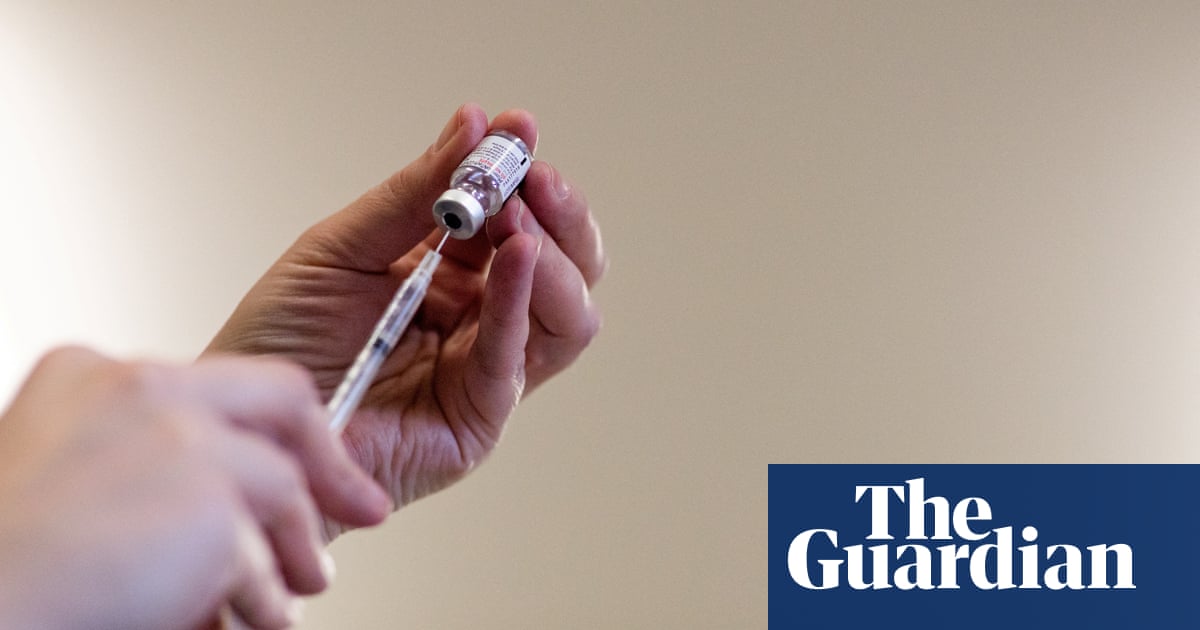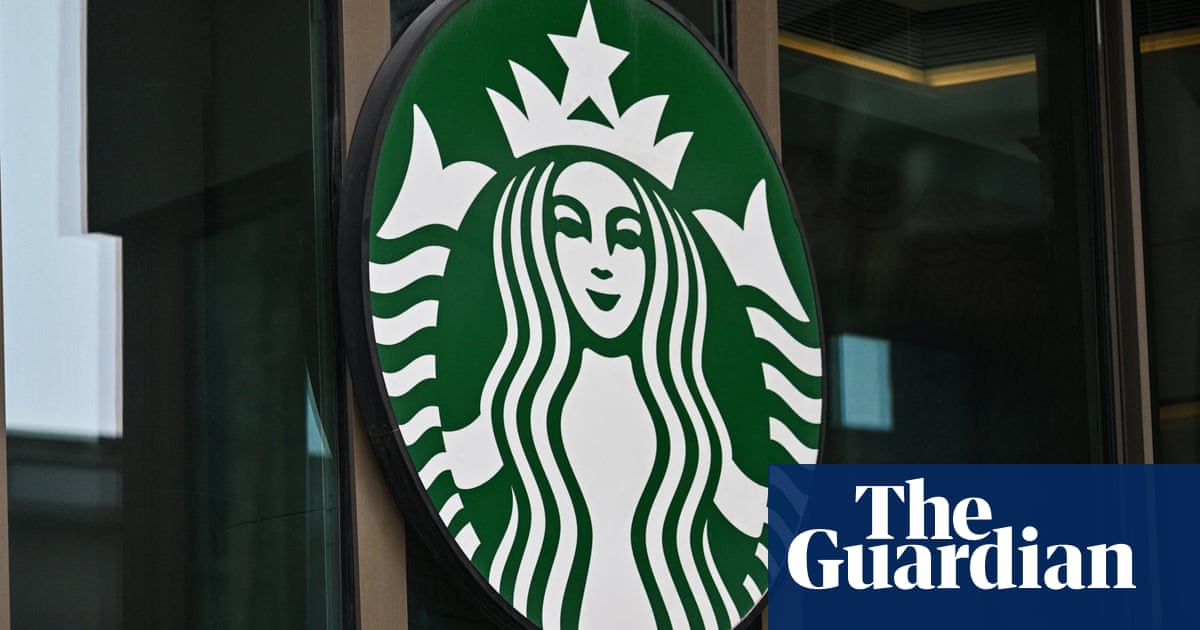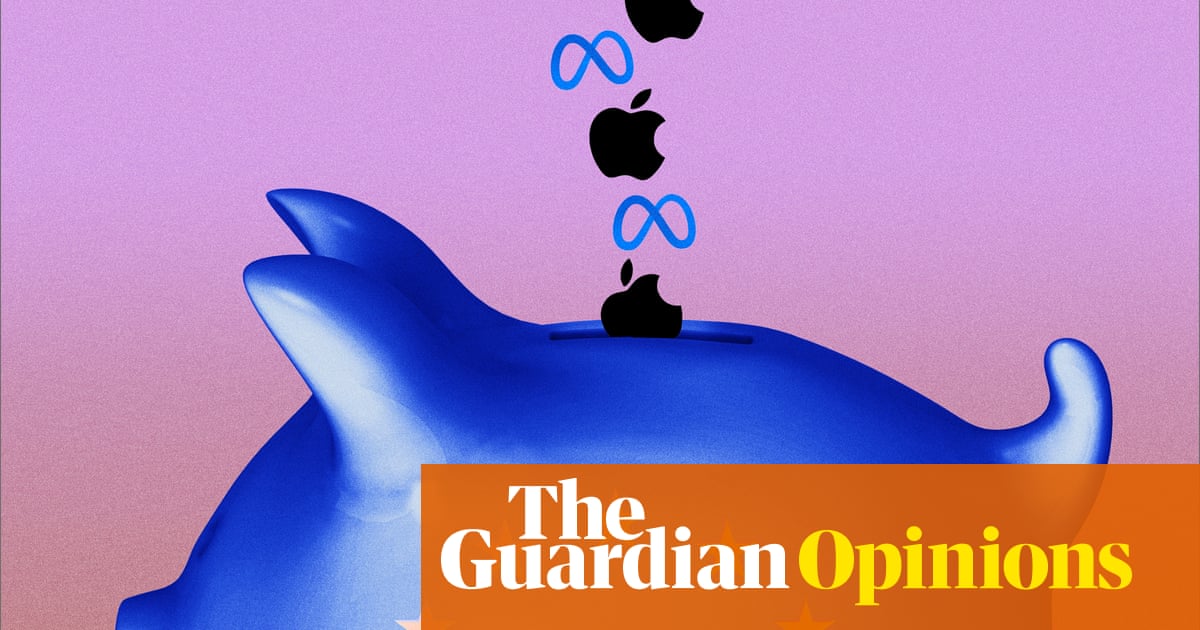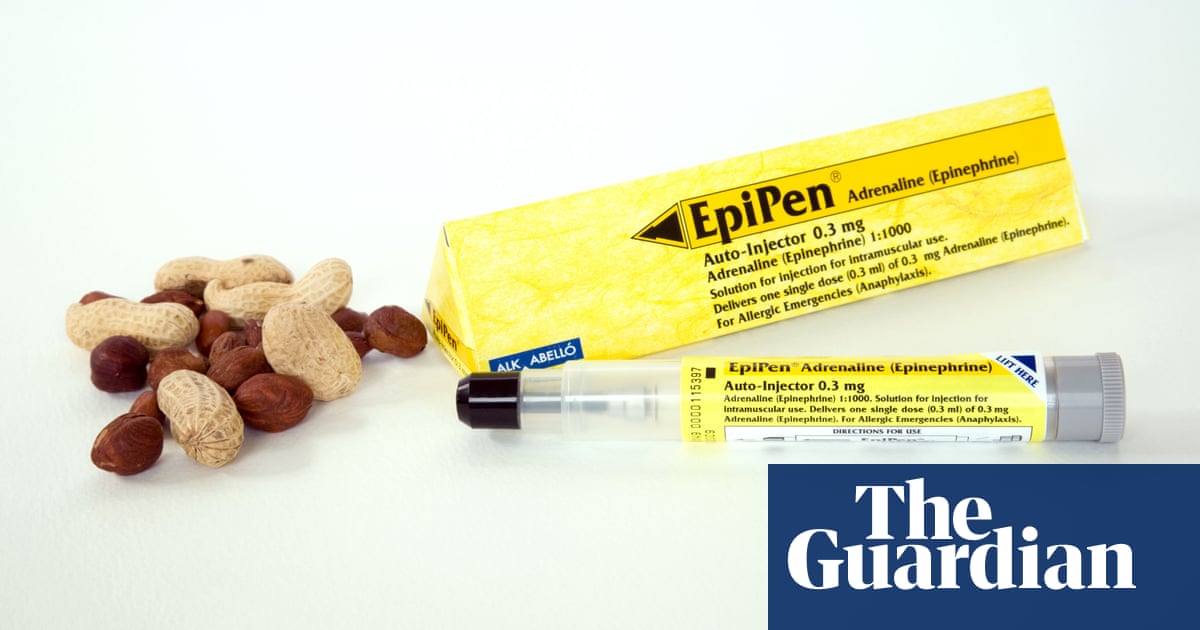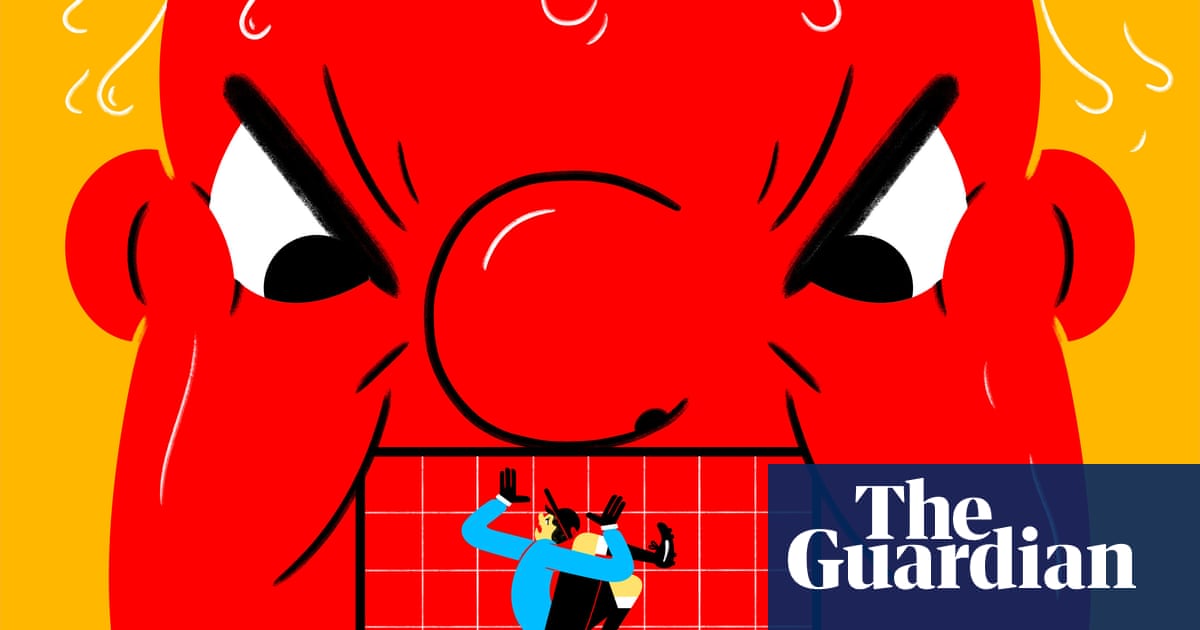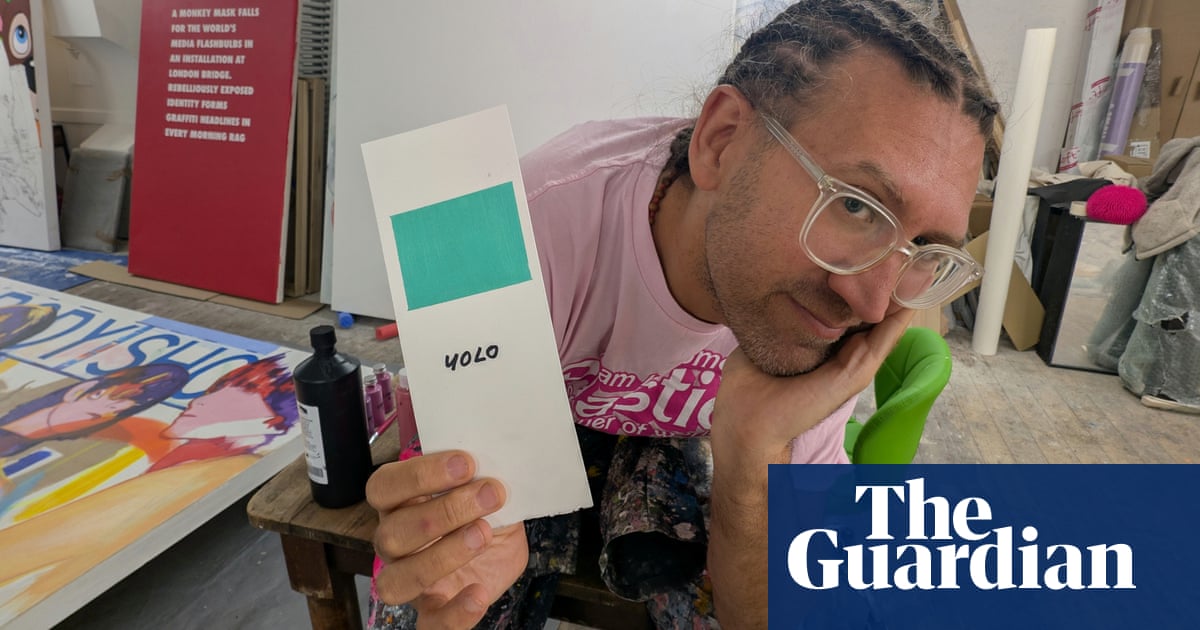More Americans than ever are expected to place bets on Sunday’s Super Bowl, with a record $1.39bn of estimated wagers to be placed, amid concerns over the rise of gambling addiction.
Since the supreme court overturned a federal law that made sports betting illegal in 2018, the industry has boomed, with 38 states opting to legalize. Gambling revenue hit $99.4bn in 2022, according to the American Gaming Association (AGA), the industry lobby group.
Super Bowl Sunday – the biggest sports event of the year – will be no exception. Even as TV networks have struggled to maintain audience numbers, with more people tuning in to video content online, the Super Bowl has continued to grow in viewership. In 2024, a record 123 million viewers tuned into the game, making it the most-watched telecast in history.
The AGA estimated that $1.39bn worth of legal bets will be placed for Super Bowl LIX. This is the first year the trade association reported estimated bets solely from legal channels. In previous years, AGA relied on surveys that included all betting, including those placed illegally and casually among friends. Last year, research firm Eilers & Krejcik Gaming estimated $1.25bn of legal bets were placed for the Super Bowl last year.
“No single event unites sports fans like the Super Bowl, and that excitement extends to sports betting, with this year’s record legal handle reflecting its widespread appeal,” said Bill Miller, the AGA president and CEO, in a statement.
But as more Americans have wagered bets, and placing bets has become easier than ever, addiction experts and prevention advocates have warned about rising rates of gambling addiction.
There are an estimated 2.5 million adults in the US who meet the criteria for having a severe gambling problem, meaning their gambling behavior is damaging their life, relationships and career, according to the National Council on Problem Gambling. Another 5 to 8 million Americans have mild to moderate gambling problems. Multiple problem gambling groups have reported an uptick in calls to gambling addiction hotlines after states legalized sports betting.
Big game days such as the Super Bowl are especially concerning for those who may be susceptible to problem gambling because the stakes are often higher.
“For a person who has a gambling problem … they’ve been betting on games all season long, and they may have lost a lot of money, and the Super Bowl becomes kind of the ‘this is it, I’m going to make it or I’m going to break it’,” Rose Blocinski, executive director of Wisconsin Council of Problem Gambling, told local news state WJFW.
For Dr Tim Fong, a clinical professor of psychology and co-director of the Gambling Studies Program at the University of California at Los Angeles who studies gambling addiction, events including the Super Bowl can exacerbate potential addiction for those who are only in the early stages of problems.
“By the time you see guys like me, things are really, really severe. What I’m worried about after this weekend: someone takes a bad loss, it hurts them financially. What are they going to do next weekend, after the Super Bowl?” Fong said. “Are they going to say, ‘You know what, I’m not going to do this again’, then just live their life? Or are they going to chase their losses and now bet on the NBA? And then bet on Major League Baseball in a month or so?
“We can reduce the number of problems if we did more at an earlier stage,” Fong added.
Betting companies have also become more aggressive at advertising. Last year, BetMGM, the sports betting arm of MGM Resorts, aired a star-studded commercial promoting its platform during the Super Bowl. Fong said that it has all contributed to a normalizing of sports betting in American culture.
Kids are seeing that “in America, this is just a part of what we do. There’s no questioning that this is harmful, this is dangerous, there’s a dark side to this. For the vast majority of people that bet on sports, it’s fun, it’s entertainment, it’s not damaging in any way,” Fong said. “But for the 1-2% that have this addiction, it’s really devastating.”

.png) 2 months ago
22
2 months ago
22





